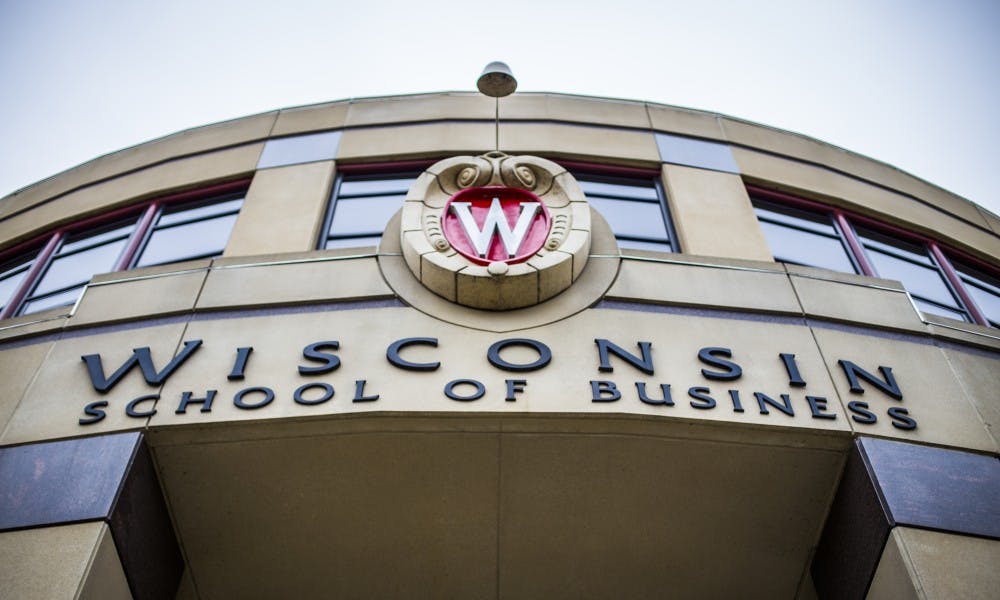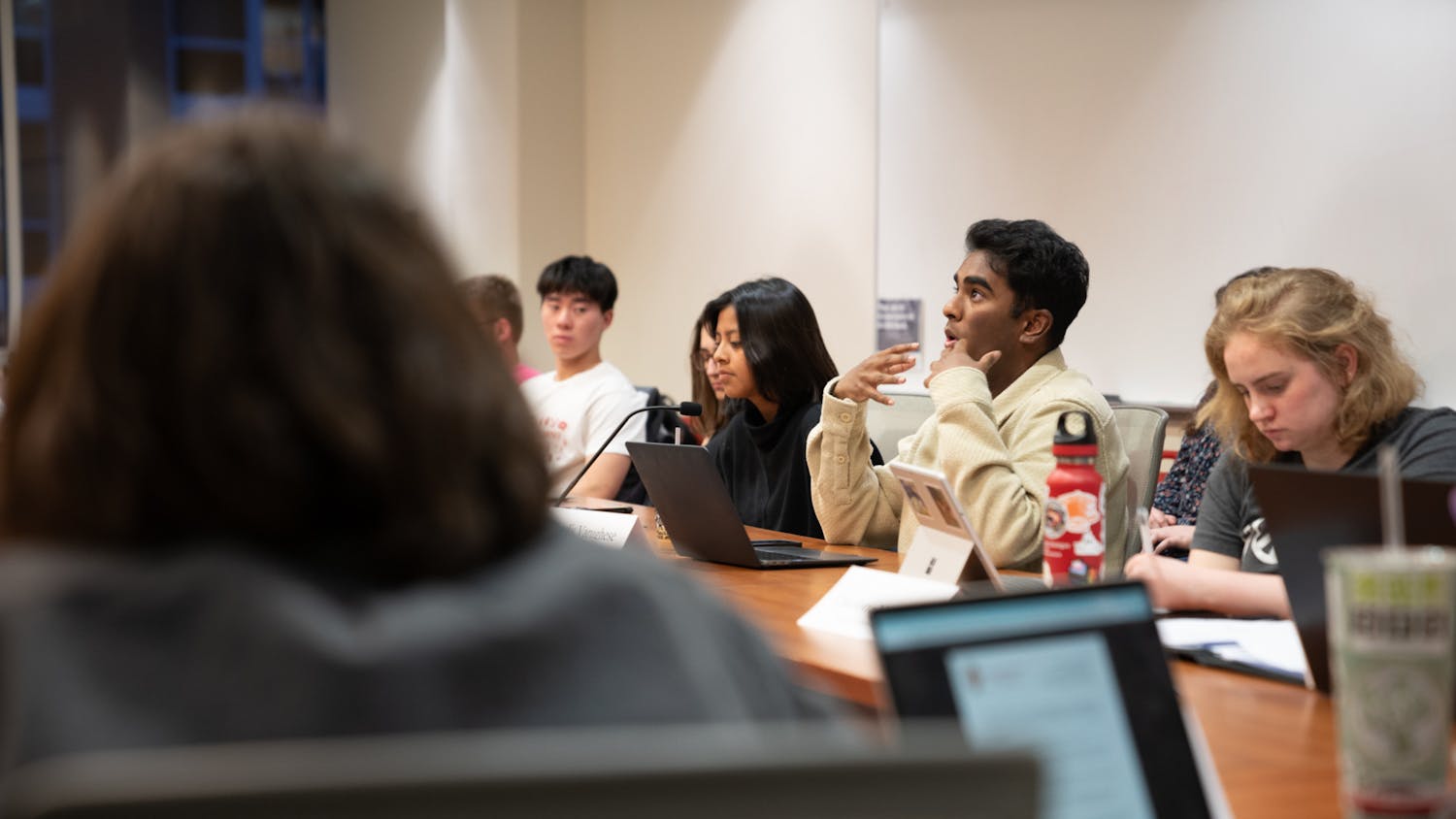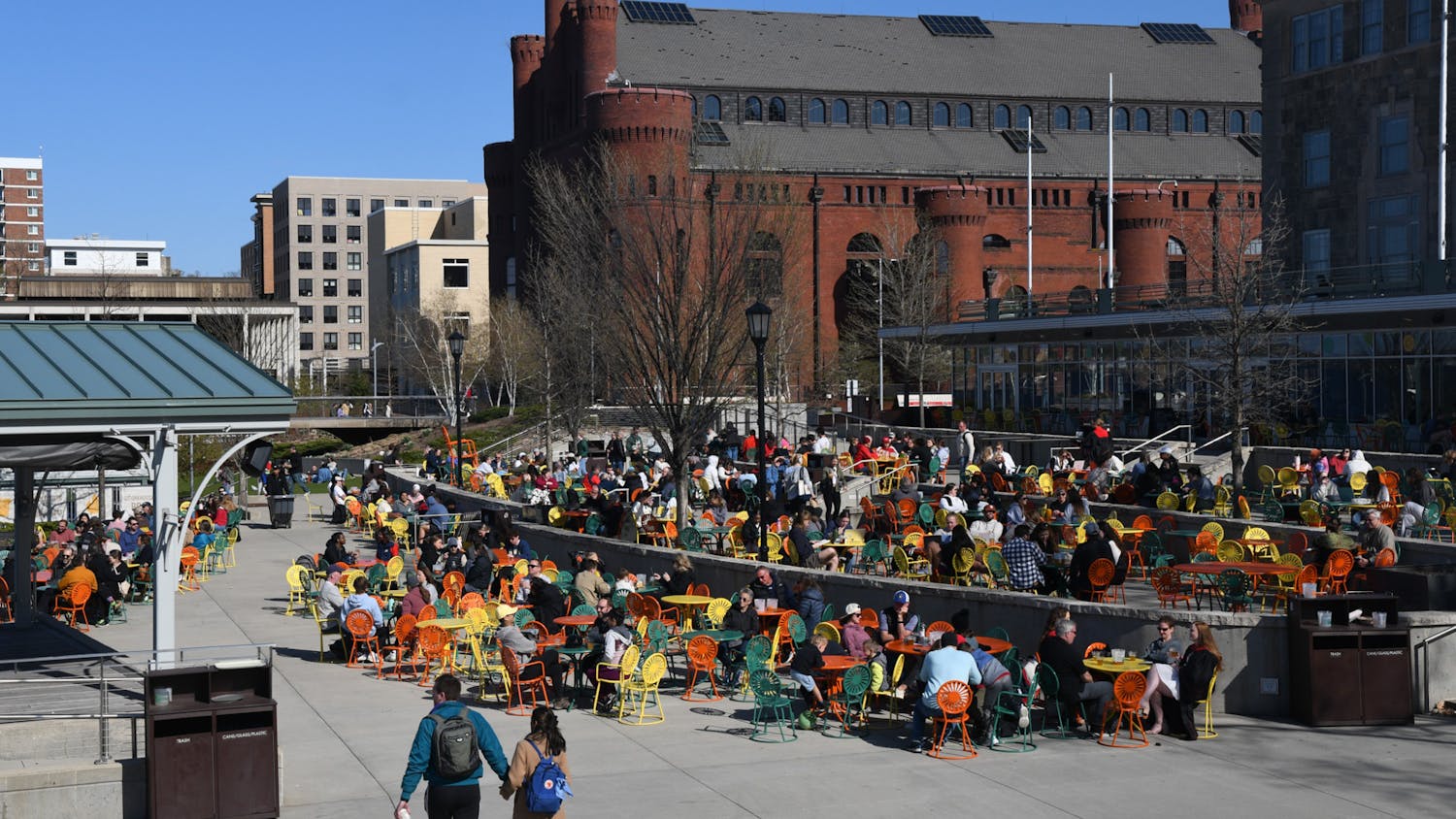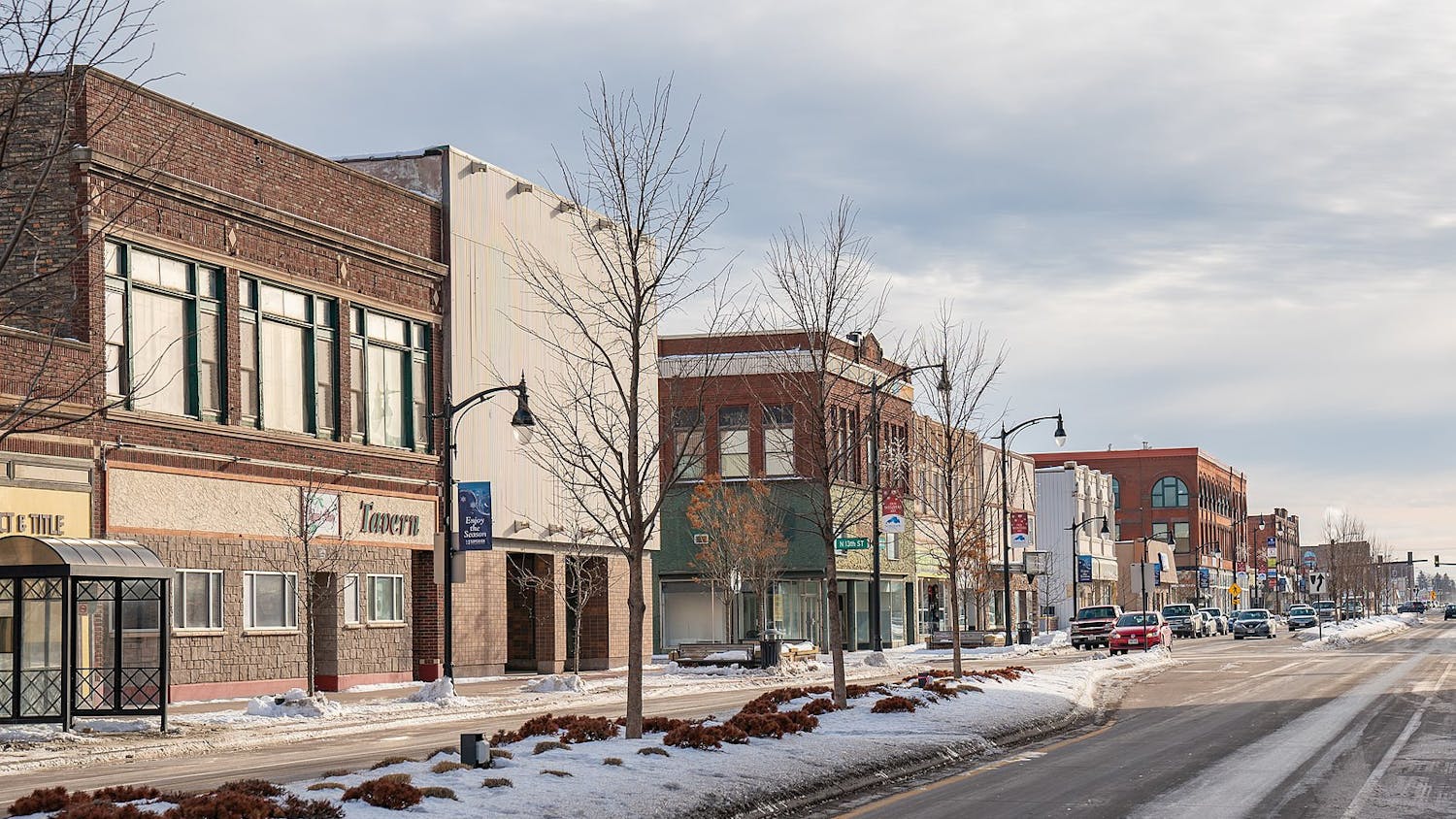With spring’s arrival, construction has returned in force to campus, evidence of UW-Madison’s robust attempts to keep pace with peer institutions. However, mired in austerity, state support for campus investment has been supplanted by the goodwill of wealthy donors, allowing some departments to carry on business as usual while others languish in obsolete facilities.
The new UW-Madison School of Music Performance Center is set to break ground this year, allowing the department to leave the decrepit Mosse Humanities building. Despite derision by officials throughout the planning process for its factory-like appearance, the brutalist hulk’s $9.9 million cost was fully funded by the State Building Commission in 1965—a deliberate attempt to invest in liberal arts.
In a sign of changing attitudes, the new music facility is not receiving any state assistance. Instead, private donations will finance the $55.8 million project, leading some to conclude with relief that private interests will always fill the void left by receding budgets. Almost half the project’s financing came from the Mead Witter Foundation alone.
“Though none at our family studied music at the UW, a fondness for music unites us,” George W. Mead II, scion of the Wisconsin Rapids paper dynasty said in a statement explaining his generous gift.
But what if the abnormal affection felt for programs like music fails to extend to more obscure areas of study?
That’s the question posed by John F. Witte, longtime political scientist at UW-Madison’s Robert La Follette School of Public Affairs. According to him, prior to the gradual and now sharp decrease in commitment to the UW, the state attempted to fully fund all projects, regardless of department.
“I’ve been here 40 years as a professor,” Witte said. “And over that time we went from basically 100 percent funding for buildings by the state to now less than 50.”
To be considered for facility funding, departments now need to raise a substantial portion of the total cost through alumni donors, posing a fundamental challenge to departments that fail to consistently turn out graduates with high net worth.
“In my department … we’ve been trying to get a new joint building together for years,” Witte said. “And we simply can’t get it, because in the social sciences there aren’t enough people that have the very high amounts of money that generate those types of donations, so we haven’t been able to build it.”
The same realities keep other outdated buildings like Humanities and Vilas working to serve students, while business majors take classes in a granite-faced temple to capitalism courtesy of American Family Insurance and billionaire David Grainger.
While some benefit solely from successful alumni to receive approval and tepid state financial assistance for new facilities, other departments are able to leverage their importance to vital state industries to receive extensive state help.
After Gov. Scott Walker’s initial 2015-’17 budget proposal denied a request for a much-needed chemistry building renovation and addition, chemistry department heads successfully lobbied the state legislature to amend the budget.
According to Department of Chemistry Chair Robert McMahon, his discipline's importance to filling jobs in the state’s growing healthcare, biotech and chemical industries played a decisive role in swaying the Republican-controlled Joint Finance Committee toward support.
“Our students need chemistry to pursue a whole range of different careers,” McMahon said. “The whole constellation of health care professions. Students need these courses to get good jobs in a whole range of areas and I think that’s the most important argument.”
“Two members of our board of advisors are senior executive vice presidents with 3M and with Dow [Chemical],” McMahon continued. “They shared letters with me that they had written to the Governor and the Joint Finance Committee. I suspect that there were others as well.”
Following the volley of pleas from corporate bigwigs warning that a lagging chemistry department could hurt their workforces, the legislature signed off on $86.2 million in state funds for the the $107.8 million project. When ground breaks in early 2017, the project will have secured an enviably high percentage of funding from state coffers.
According to Witte, this departmental inequality has led to upset among faculty in cash-strapped departments that are neither flush with wealthy alumni nor vital to state industry. By starving those departments of funding, the state has created a two-tiered UW-Madison.
“The Wisconsin Institute for Discovery was created, that’s a $300 million operation,” Witte said. “When it was opened they had this downstairs area that has all these elaborate expensive games. One of my older colleagues, who I will not name, said, ‘I've been trying to get the graffiti off the men's room in the social science building for four years, and they spend a million dollars on games?’ That gives you an idea on the differences that happen on campus.”






